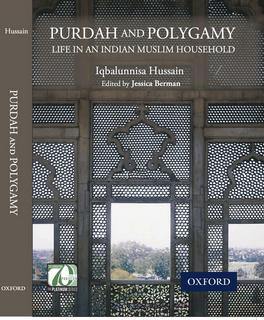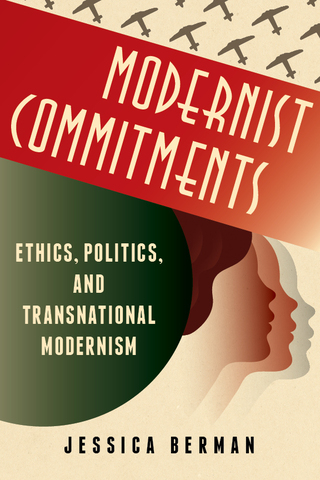

Jessica Berman demonstrates how modernist narrative connects ethical attitudes and responsibilities to the active creation of political relationships and the way we imagine justice. She challenges divisions between "modernist" and "committed" writing, arguing that a continuum of political engagement undergirds modernisms worldwide and that it is strengthened rather than hindered by formal experimentation. While making the case for a transnational model of modernism, Berman shows how modernism's play with formal matters, its challenge to the boundaries between fact and fiction, its incorporation of vernacular and folkways, and its engagement with embodied experience and intimacy offer not only an expanded account of modernist texts and commitments but a new way of thinking about what modernism is and can do.
Reviews
"Berman's book is an important contribution that graciously integrates politics and ethics into a comparative study of transnational modernism while providing new directions for future work in postcolonial and global studies.
-- Juan Menses, Modern Fiction Studies
"Berman’s prose—both sweeping and succinct—moves seamlessly between historical context and the abstract theoretical implications of modernist texts from an impressive array of social and geographical sources. The labor of synthesis that went into each paragraph is belied by an effortless and transparent critical voice."
--Marian Eide, The Comparatist
"This remarkable study of modernism, which encompasses distant geographic lands, styles, and cultures, will send any previously strongly held views on modernism into a tailspin. Eschewing any jargon, Jessica Berman carefully reconfigures modernism by juxtaposing canonical writers (Joyce, Woolf, Rhys, Malraux, and Orwell)and works . . . with ‘lesser-known’ writers (Anand, Sorabji, Hussain, Ishvani, Aub, Conroy,and Le Sueur), and by paying close attention to the disruptions enacted by subtle rhetorical and narrative strategies found in works which were disregarded as either too realistic or too subservient to political agendas. . . . This book combines with great poise and elegance theory and close analysis, a method well suited to reflecting the content of the works being studied, and itshypothesis and conclusions will be of vital importance for further developments in modernist studies."
-- Hugues Azérad, The Modern Language Review

